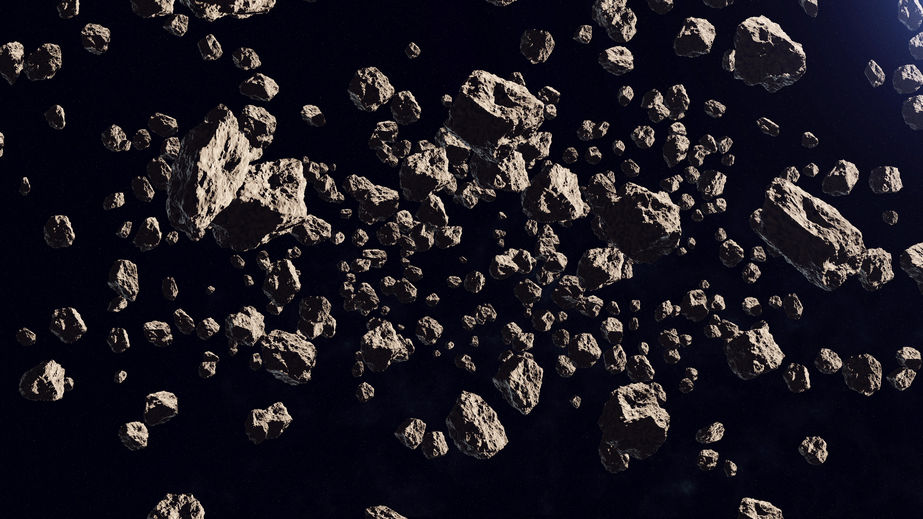In the 1963 comedy “The Mouse on the Moon,” the tiny country of “Grand Fenwick” entered the space race between the U.S. and Soviet Union to humorously become the first nation to land a man on the moon.
Today, the small country of Luxembourg might consider drawing inspiration from this classic film as it seeks to become the first nation to undertake something equally ambitious: Mining the asteroid belt.
According to Wired.com, “the tiny European country of Luxembourg announced an ambitious initiative to mine asteroids and other near-Earth objects (NEOs) for rare minerals. It wasn’t the country’s first foray into space—in the 1980s it launched some of the first European satellites—but the NEO mining plan represents a bold step for a country with the population of Milwaukee.”
Why the sudden interest in outer space?
For Luxembourg it is likely an attempt to diversify its economy. Roughly 35 percent of the nation’s GDP centers on financial services, and although historically it was a major steel producer, the government shuttered its last iron mill in 1981. Space thus offers the nation an opportunity to get back in the game.
Of course, mining rocky space boulders is not exactly easy. The technology is only in its infancy and asteroids aren’t exactly nearby. Nevertheless, as wired.com reports, progress is being made.
“In July, Japan’s Hayabusa-2 spacecraft landed on the surface of the asteroid Ryugu after a nearly five-year, 5.5 million–mile journey from Earth. NASA’s OSIRIS-REx probe arrived at the asteroid Bennu last December and is currently in orbit around the 500-meter-thick space rock while scientists decide where to land it.
For would-be deep space prospectors, there’s even an online database ranking over 600,000 asteroids by the potential value of their minerals. (Ryugu is estimated to be worth $83 billion; Bennu, $670 million.)”
Will Luxembourg ultimately succeed? The odds are long. But it’s hard not to give the tiny nation a nod of respect for dreaming big.
